The third and supposedly final Downton Abbey picture released in American cinemas this Friday. Ominously subtitled The Grand Finale – oh how I wish, given the residual camp elements within the show, that it had instead been called The Final Curtain! – it supposedly wraps up the story of the Grantham family, the privileged idlers who inhabit the eponymous grand house, and their unusually devoted and long-serving staff, all of whom converse with their superiors on easy and intimate terms that bear precisely no relation to how the English upper classes have ever spoken (or been spoken to) by their servants in history.
Still, if you’re looking for historical accuracy from Julian Fellowes’ Downton, you are not going to find it. However, on the evidence of six seasons of the television series and now three spin-off films, it is not quite clear what you are going to find. Consistent, believable storylines? Decent acting? Any sense of period or genuine interest in life in pre-World War II England? Dialogue that isn’t quotable for all the wrong reasons? I suspect that such things are about as likely to occur as a Joe Biden presidential bid in 2028. Instead, the mixture of amateurishness and cold calculating cynicism epitomized by the Downton formula represents the British costume drama at its absolute nadir.
When the first series of Downton Abbey came onto British and American screens in 2010, it was essentially billed as Gosford Park for television, and was acclaimed as such. A strong script by Gosford creator Fellowes, engaged and committed performances from an excellent cast led by the ever-superb Maggie Smith and some genuinely interesting shades of nuance in the characterization made for appointment viewing. It nodded to shows and films past – Gosford, of course, but also Remains of the Day and Upstairs Downstairs, which found its own revival comprehensively overshadowed by its glitzier rival – but managed to be sufficiently in tune to 21st century mores to feel fresh and energetic. And, in Lady Mary’s ill-fated tryst with Mr. Pamuk, “the Turkish gentleman,” it introduced an element of deeply black humor into the mix without compromising on the lavish frocks and houses that discerning audiences always want from their historic dramas.
Fast forward 15 years, and the affection and goodwill that many – including this writer – felt towards Downton initially has long since curdled. Fellowes wrote all the scripts himself, and he could have done with a writers’ room that he oversaw instead. Instead, the plotlines were frequently incoherent and nonsensical, with characters flitting in and out apparently depending on actors’ availability and willingness to commit themselves to a show that most of them knew was bogus. Some of the better stars – Dan Stevens, Jessica Brown Findlay – jumped long before the series ended, fearing that they would become typecast. Others stayed. Between Downton and Paddington, Hugh Bonneville, in particular, has now cornered the market in playing good-natured but exasperated patriarchs. It is a useful, lucrative piece of typecasting, but terribly, terribly boring to watch.
I would be lying if I said that I hadn’t enjoyed some of the moments and actors in the later, largely wretched, seasons. Jim Carter, who plays the officious but decent butler Carson, can do no wrong in my eyes, and it is notable that he and Phyllis Logan (as the housekeeper Mrs. Hughes) are giving by far the best performances throughout, bothering to act rather than simply appearing on screen. And occasionally Fellowes’ scripts reveal an apparently dormant sense of sly wit, too. I always relished the moment when Carson, castigated by the housekeeper for his apparent homophobia, replied in stentorian voice, “I cannot help it, Mrs. Hughes. I am what I am.”
Yet by the time that the first film miserably rolled into cinemas, where the action stopped for moments at a time to allow some piece of mid-budget pageantry to take place, it was clear that Fellowes et al no longer had any grip on the material or any interest in doing anything other than pandering to fans. America has always been a more receptive market to the show than Britain (where a lot of the nonsense was not taken remotely seriously) and so it is likely that The Grand Finale will be well-received in the United States. The inevitable absence of Maggie Smith, occasioned by the death of both character and actress, means that there is a hole at its center, but in truth the entire saga is now so riddled with holes that it represents a kind of cinematic Swiss cheese. Inevitably, there will be cries for ‘just one more film,” and Fellowes and the producers may yet heed them. But this nonsense really has to stop now. And, in truth, it should have done so a very, very long time ago, too.



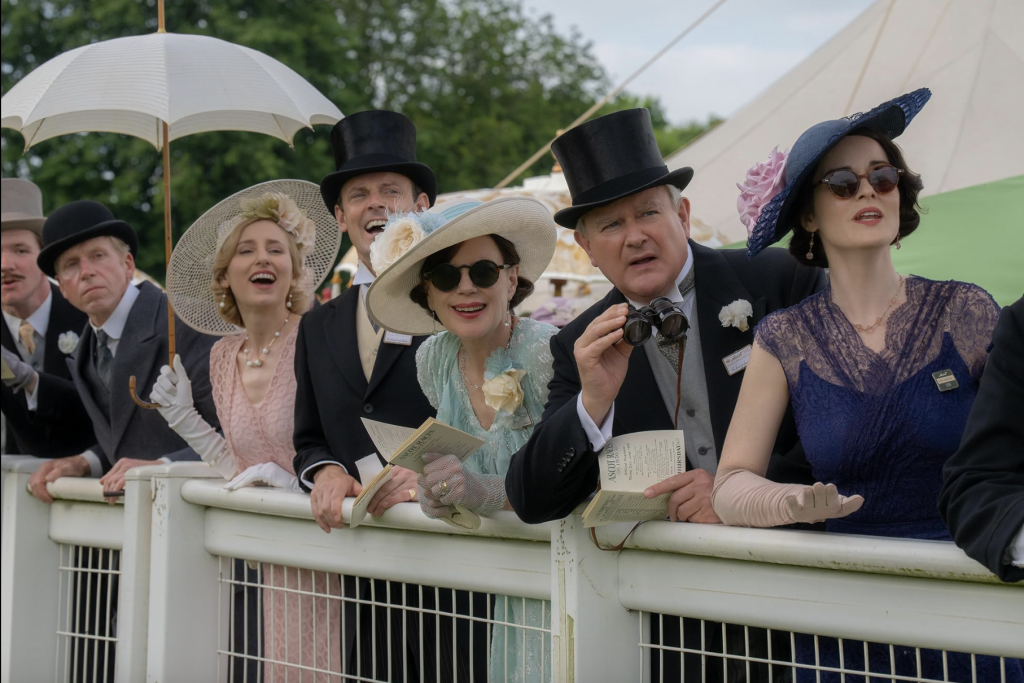








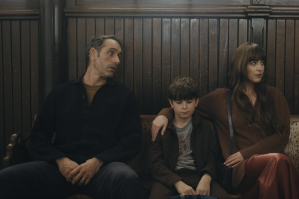
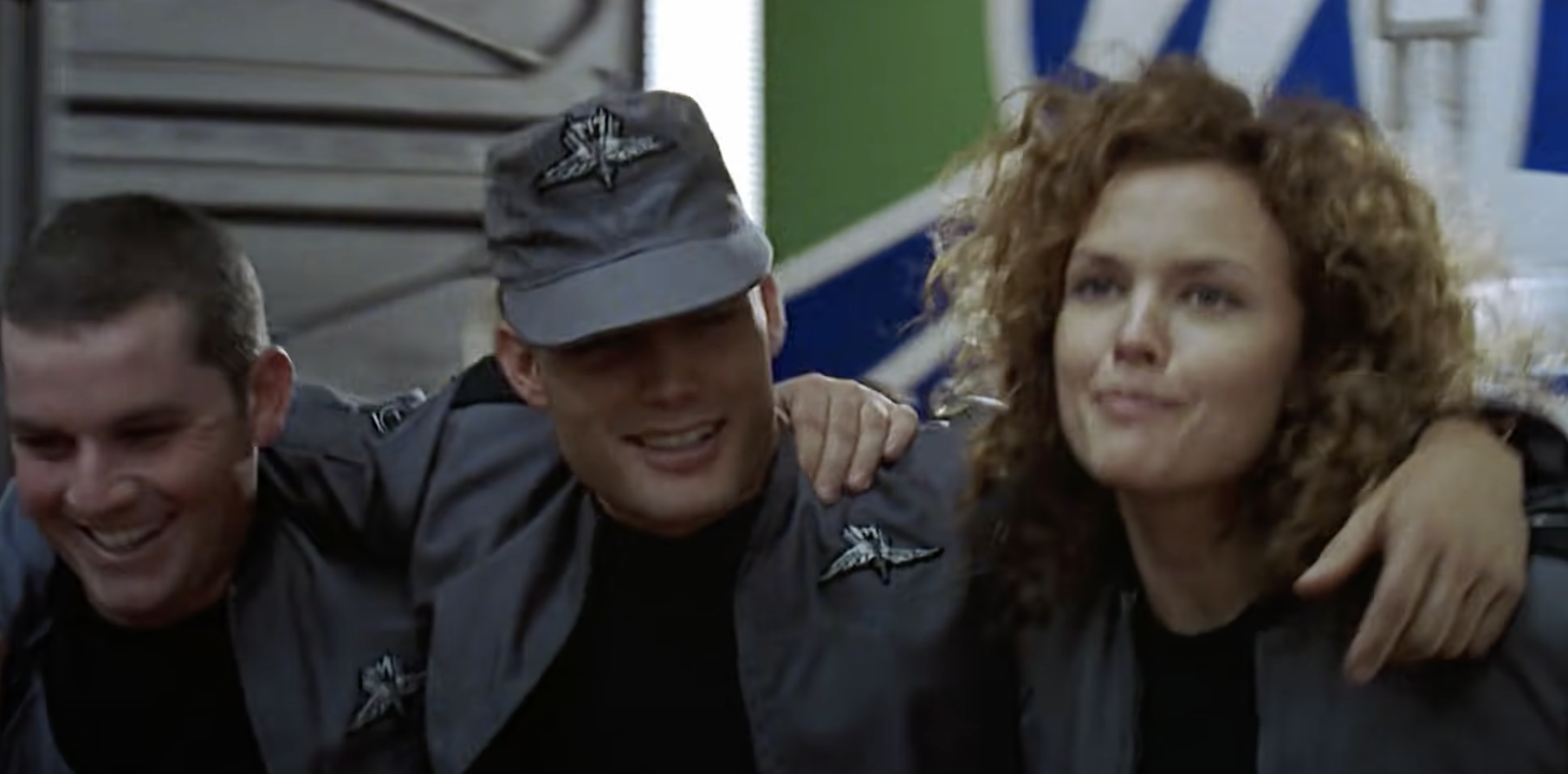
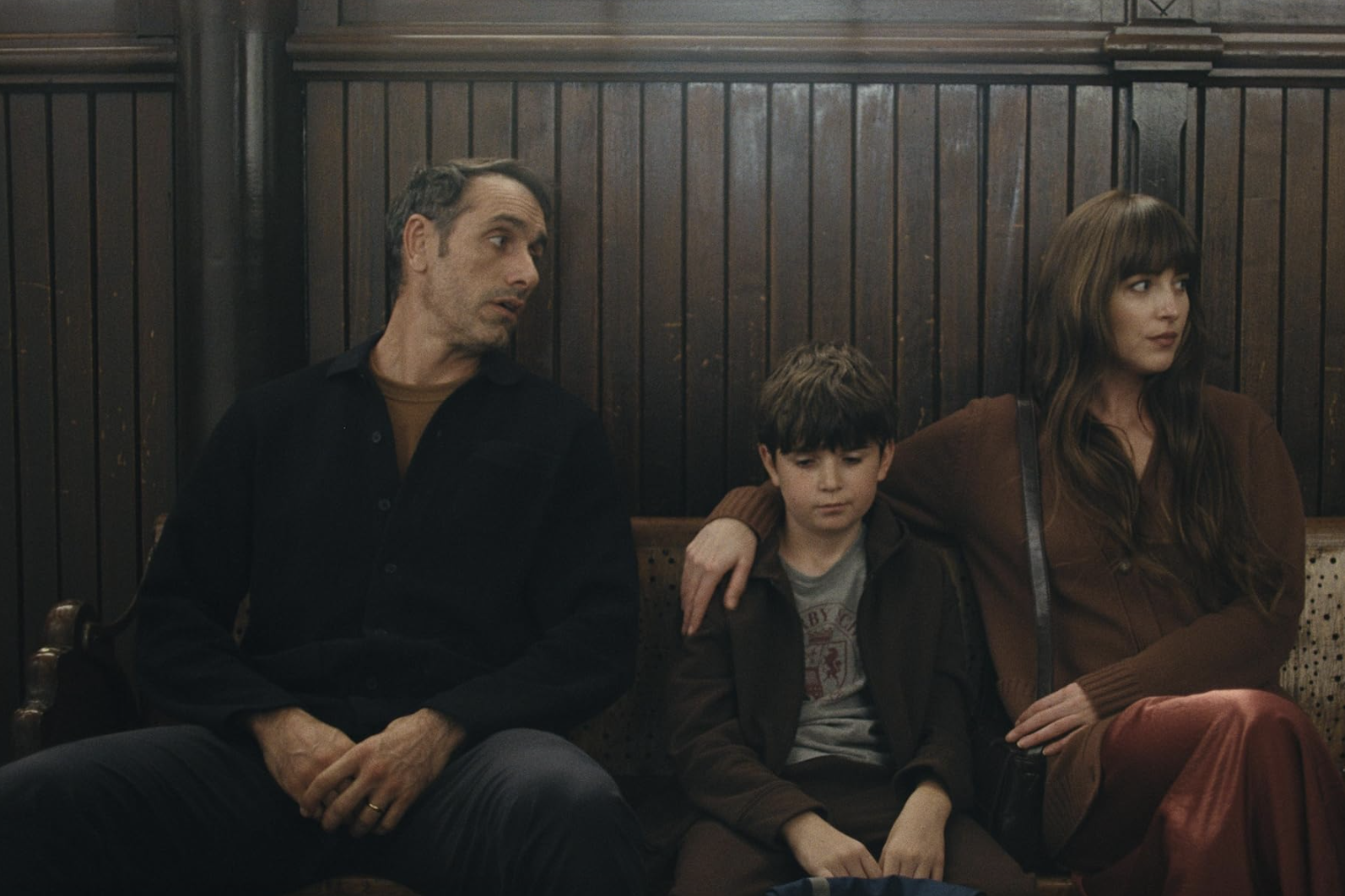
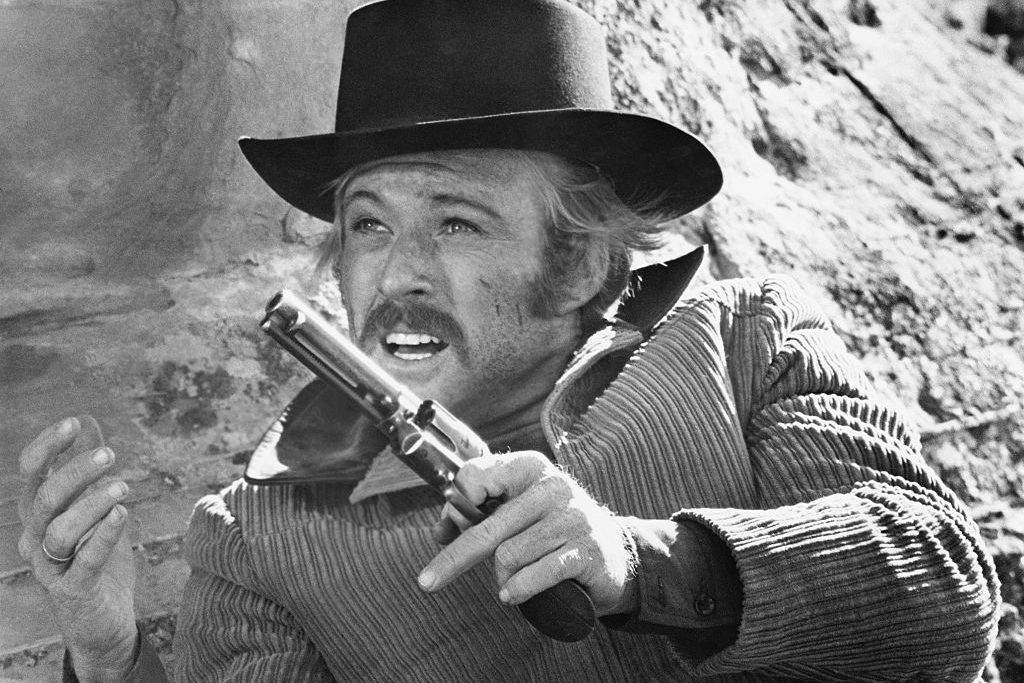
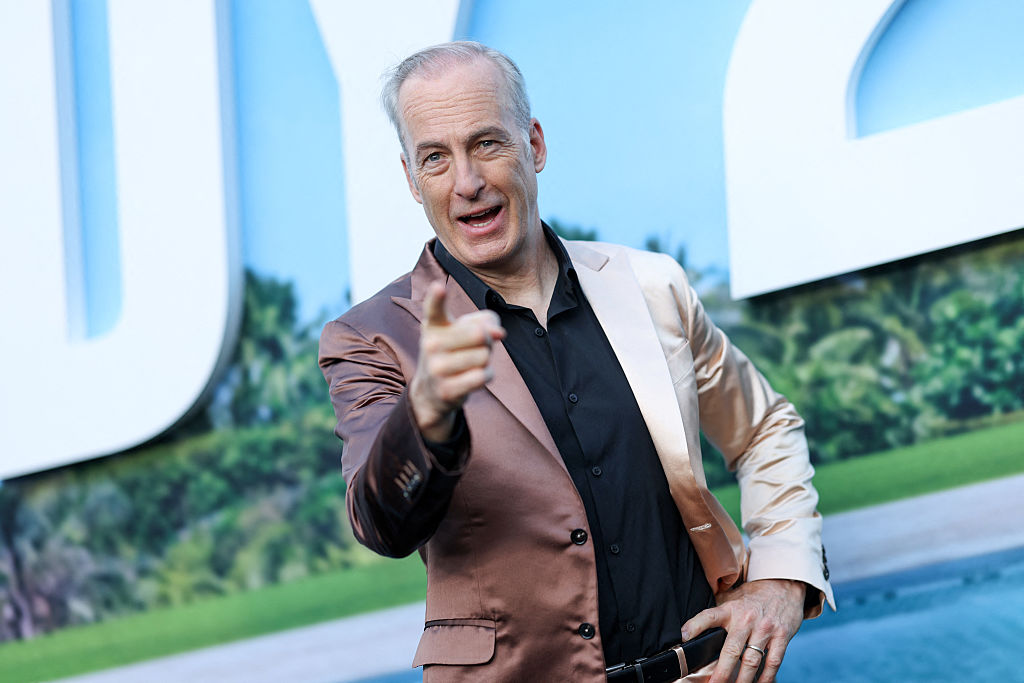
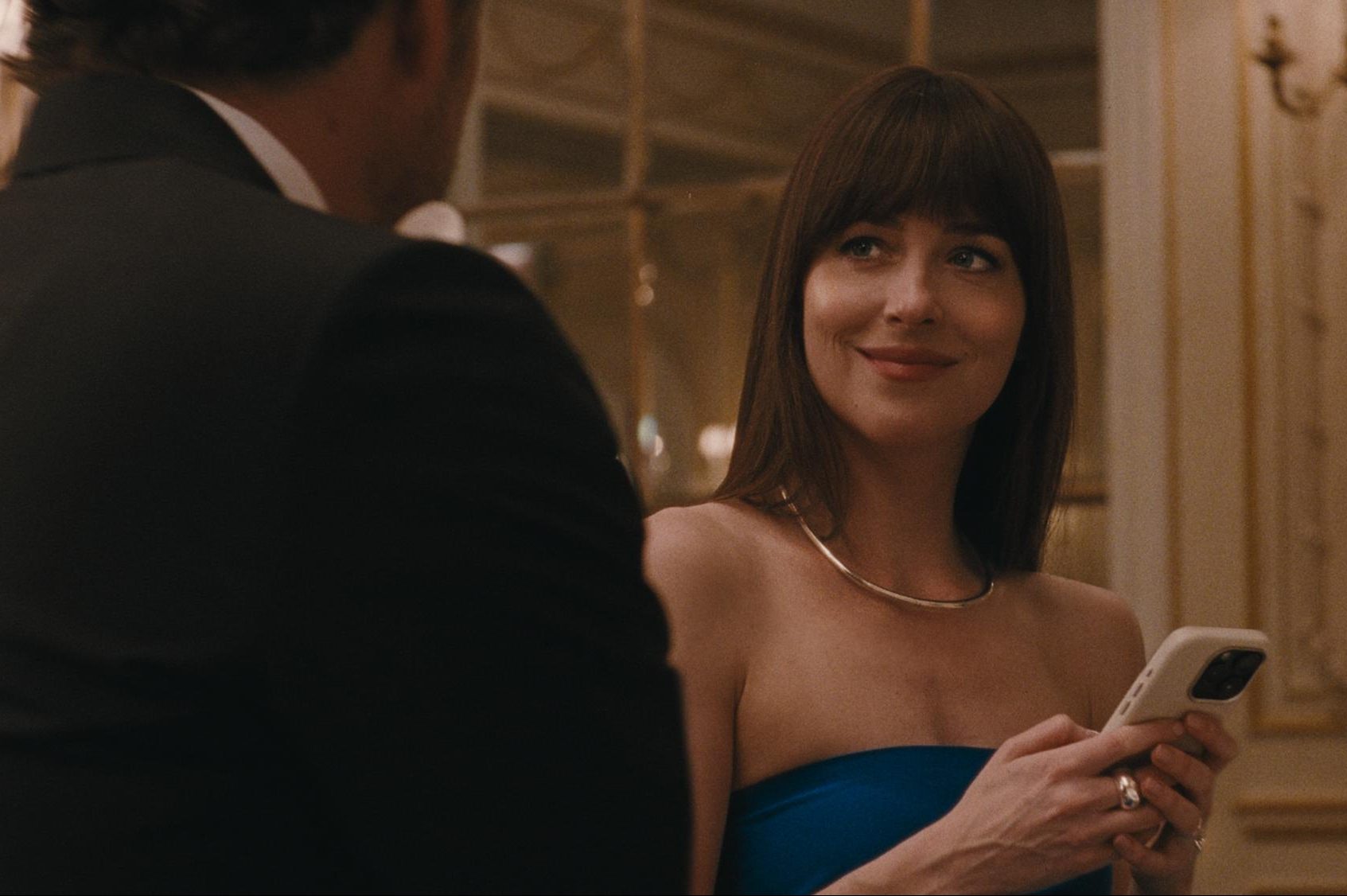
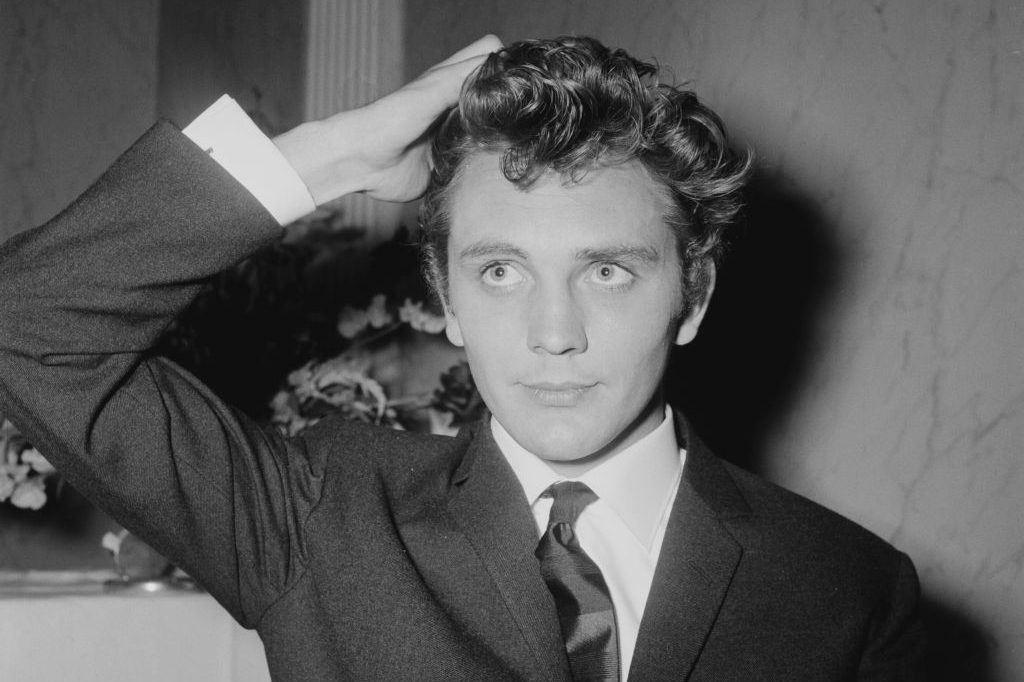







Leave a Reply